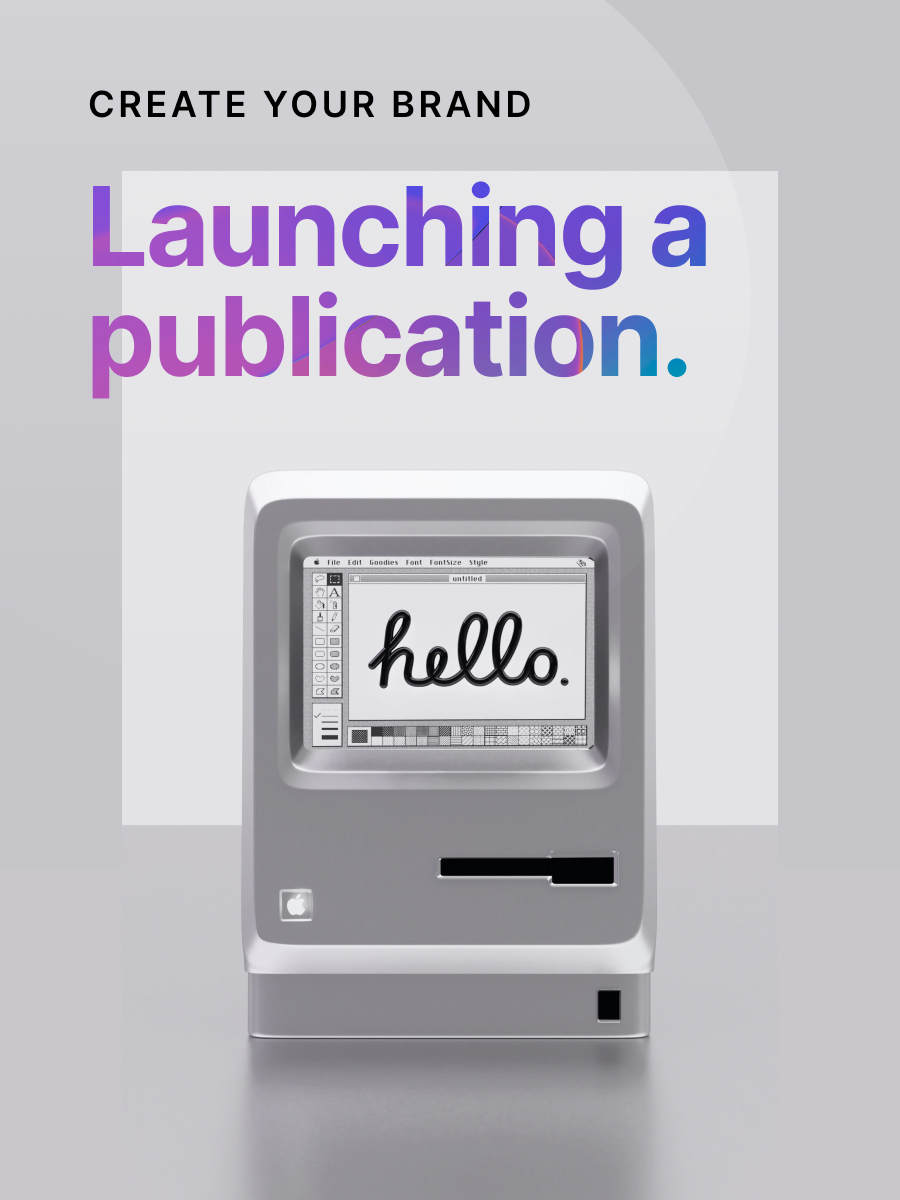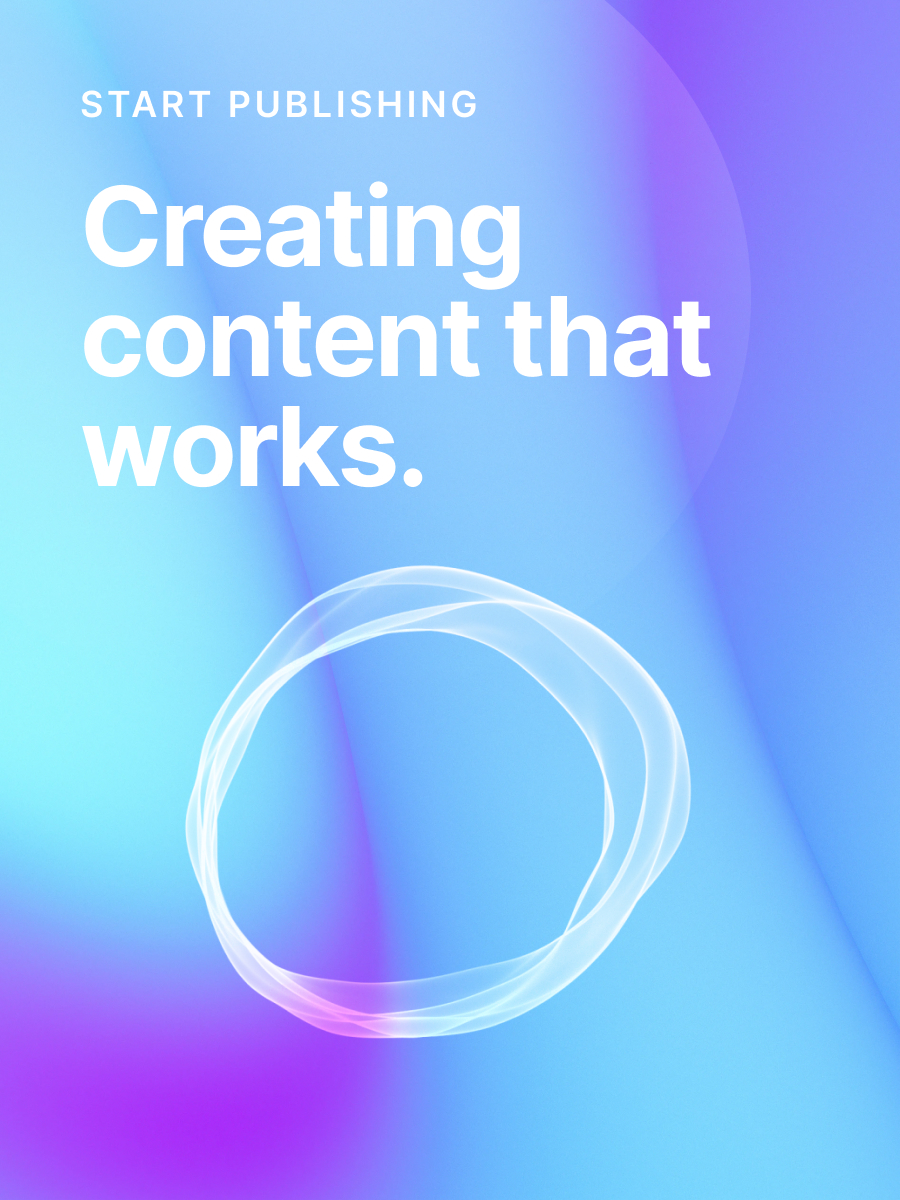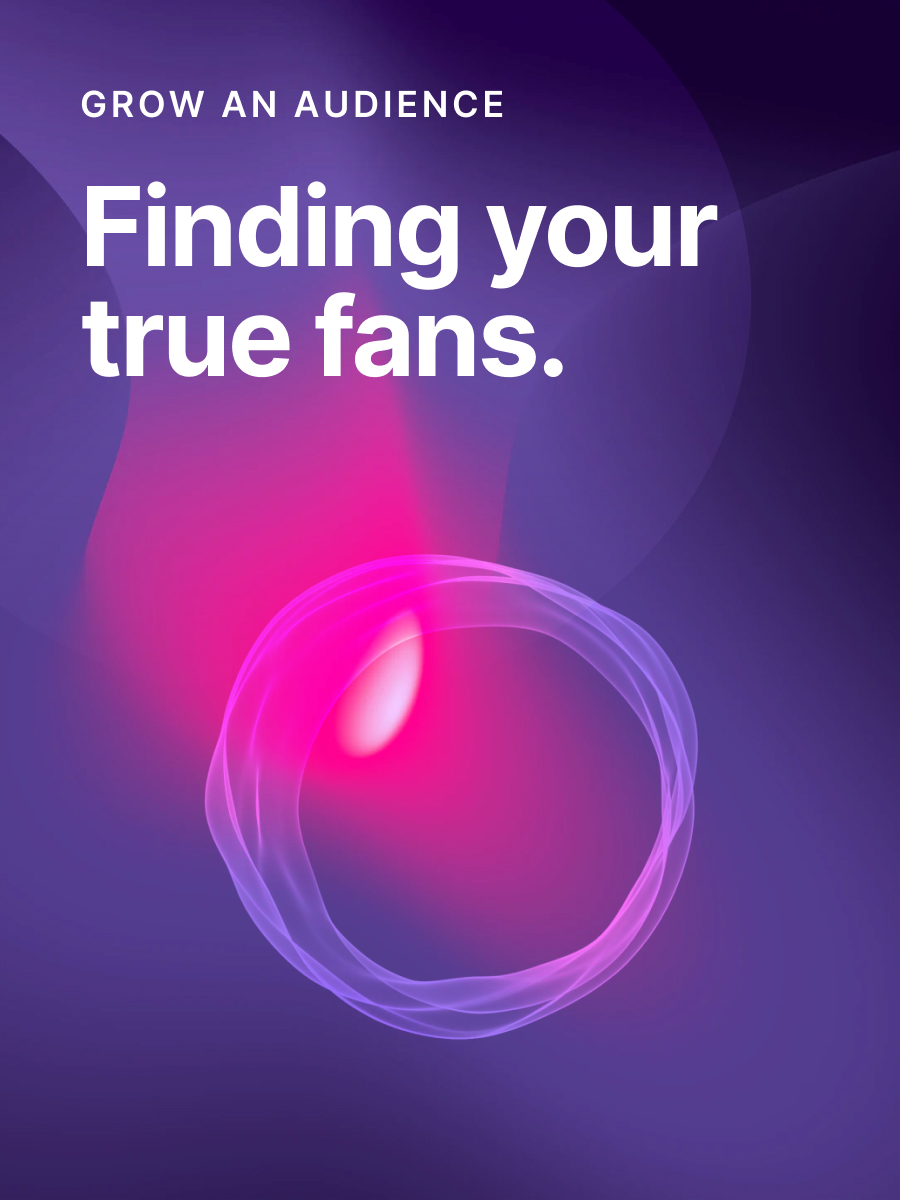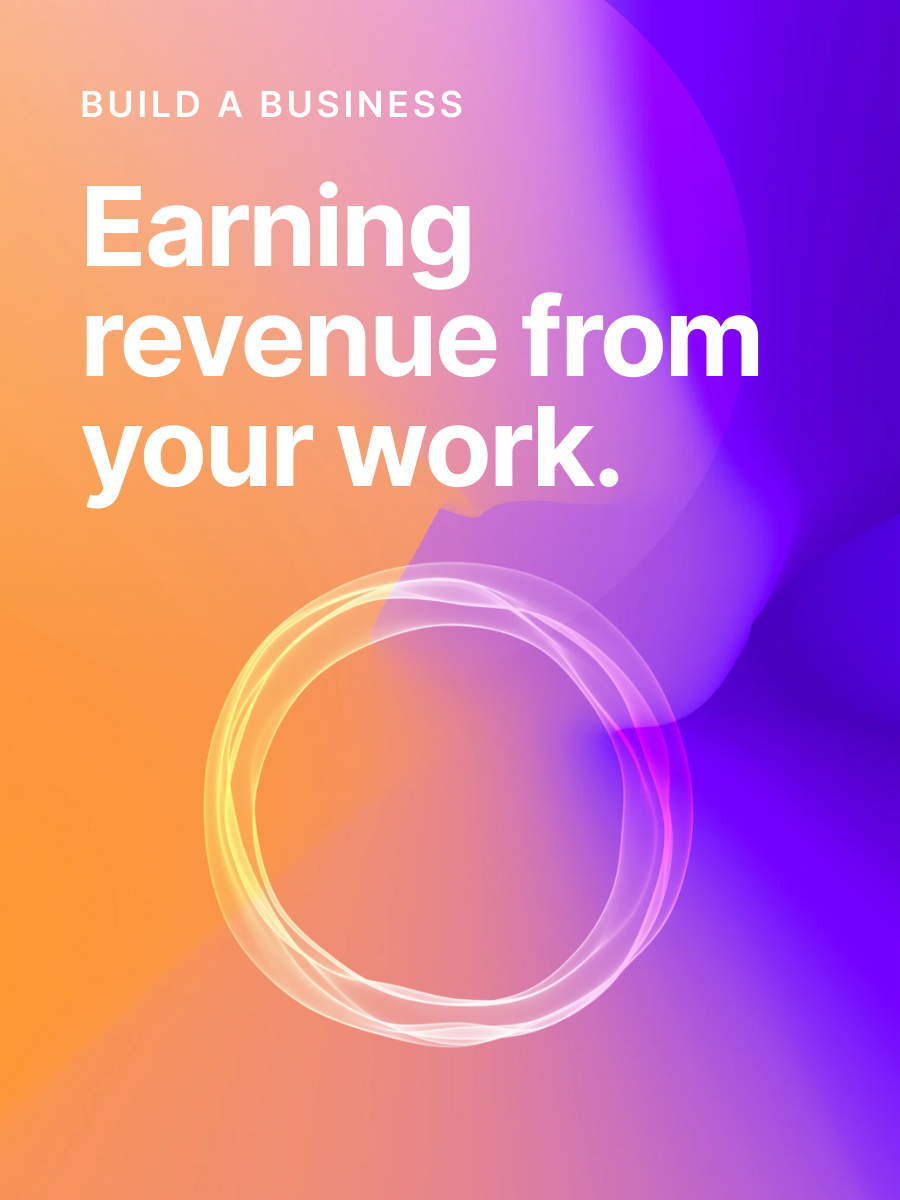#2 — Everyone's pivoting to video (again)
Hi again! We’re back with another bumper edition of Publisher Weekly and, as always, there’s a lot happening in the industry. Let’s jump straight in and look at what’s going on this week, where we’re headed and who’s pivoting to video… again.
- John

Facebook throws a bunch of cash into original news content
Apparently still not sick of dealing with news organizations, Facebook is now funding entire news shows from the big players including CNN, ABC, Mic and many others.
It’s interesting how this plays into the dynamic with publishers right now, because Facebook is also deranking links and other content in a big way as a part of its focus on providing more content from users’ friends in the Newsfeed. These changes have hurt publishers by impacting their traffic over the last six months, so it’s surprising to see them so willing to get cozy with Facebook again.
Rolling out later this summer, Facebook’s going to push these original news shows heavily on the service, with everything from breaking news to local news being paid for by the company, and it says it is giving publishers full editorial control over whatever they produce. We assume the goal is to push more good content into the Newsfeed than just links, but if previous paid publisher projects like this are any indication, that tends to get weird pretty quickly.
The ever-growing array of shelved ‘experiments’ Facebook has done with the news in the past is dizzying, so it’s difficult to see what makes this unique or how Facebook will stop it ending up exploited for maximum eyeballs. If anything, the move appears to be an attempt to steal publisher attention back away from Twitter’s similar efforts with original news programming, which have had a reasonable degree of success so far
A year in, The NYT Reader Center has 22 people
The New York Times is servicing customers like a Software as a Service startup, and that’s working out surprisingly well. The lesson? Treat your subscribers like any other subscription business would, and try to understand if they’re happy before they churn.
YouTube is getting into the news business
As with Facebook’s push into news, YouTube’s joining the party too. It’s the famous pivot to video, except this time everyone’s doing news. It’s still not obvious what’s being planned, but as Google further doubles down on its refreshed Google News platform, which heavily relies on video from YouTube, this is an obvious next step.
“I was trying to not have a job”
Do journalists make good entrepreneurs? A fantastic interview piece with those who have tried to make the jump, including The Awl, Of a Kind and more, many of which have struggled to find a business model for a different kind of journalism.
Instagram plans Snapchat Discover video hub clone
While YouTube is busy pivoting into news, Instagram’s trying something else: emulating Snapchat’s ‘Discover’ hub, which features original content as well, from scripted shows to news. This is unsurprising, but in a week where everyone is talking about original content, it’s a big move.
AMPstinction
Google’s AMP project is everywhere on the web now, making it hard to avoid. Jeremy Keith makes a great argument here for how its success should be measured by its improvement to existing media websites, not just whether or not people are using it. The goal, in his mind, should be to eventually kill the AMP project.
The reality of AMP is that Google launched the project to help publishers, who don’t have in-house technology teams, to speed up their websites and make them friendlier for readers. The way that panned out, however, is the opposite: they just slapped it on.
A great argument can be made for how AMP isn’t the framework of the future but instead should focus on encouraging publishers to use it temporarily, while trying to help them make their own properties better.
That’s the big question with AMP, at this point: now what? Google continues to push the framework forward, to the point that it’s almost possible to build an entire website with it now, which doesn’t seem to be the original intent of the project and benefits only Google by locking in publishers further to its platform.

Laying the Foundation: Rebuilding Articles on The Atlantic
If you want evidence that sheer speed is equivalent to your readers actually sticking around longer, this is it. The Atlantic studies the impact of a reimagining of its article layout, which demonstrates why speed and simplicity is so important.
Book recommendation: The End of the Ad World as We Knew It
“To believe that the bulk of consumers who live on tight budgets can afford subscriptions as a substitute for the ad dollars that subsidize most of our “free” media and Internet activity is to ignore the math”
If you’re looking for a book to read this weekend about publishing and the shift to subscription-based models rather than ads, this is it. Our biggest question is how many subscriptions users are able to put up with before it’s too much, and what the average price of subscribing to high-quality content will end up settling at.






